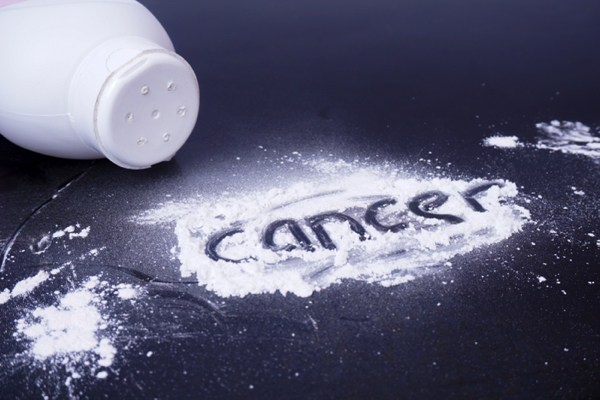 Parler
Parler Gab
Gab
Apeel toxic shiny coating contains banned heavy metal ingredients now approved for use on organic produce classified as a “fungicide”
Insidiously named “Organipeel,” Apeel contains mono- and diglycerides that are explicitly banned for use as organic food coatings. So how much did Gates payoff the USDA regulators to skirt this and find or create a loophole? The coating leaves behind residue of arsenic, cadmium, lead, and palladium, heavy metal toxins that can cause metabolic disorders, cancer and dementia, just like the spike prion vaccines for Covid. Apeel Sciences, a company backed by prominent investors like the Gates Foundation, has stirred controversy over its synthetic fruit coating, Organipeel, which is approved for organic use despite containing mostly undisclosed ingredients. Over the past month, misinformation conflating Apeel’s product with a toxic cleaning solution went viral, fueling public skepticism. Now, industry watchdogs and organic advocates are questioning the USDA’s oversight and calling for greater transparency in organic certification. Organipeel, marketed as a citric acid-based fungicide and produce coating, was approved by the Organic Materials Review Institute (OMRI) for post-harvest use—not as a processing aid. However, Apeel promotes it as a shelf-life-extending "coating," raising concerns about regulatory ambiguity. According to Orsi Dézsi, CEO of OMRI, the organization evaluates products based on manufacturer-stated uses, not all potential applications. “If an OMRI Listed® product is used beyond its approved scope, it could violate USDA organic rules,” Dézsi said. The USDA’s guidance document, NOP 5023, distinguishes between "coatings" (processing aids) and "fungicides" (pest control), yet Apeel’s marketing blurs this line. Third-party Material Review Organizations (MROs), like OMRI, play a critical role in organic certification but operate without USDA regulation. Mark Kastel of OrganicEye warns that certifiers often defer to MROs without independent scrutiny. “We’re forced to trust an unregulated entity to interpret organic rules,” Kastel said. Despite a 2011 recommendation for USDA oversight of MROs, the agency declined, citing limited statutory authority. Some retailers, like Natural Grocers, have already banned Apeel-treated produce. “We do not want this in our food supply,” said Alan Lewis, the company’s VP of regulatory affairs. Kastel urged consumers to pressure retailers, emphasizing their influence. Beyond Apeel, advocates argue that larger issues—such as hydroponics in organic farming and lax enforcement on factory farms—deserve equal attention. These practices, they say, undermine organic integrity more significantly than a single coating. The Apeel debate underscores growing tensions between corporate innovation and organic principles. As the industry expands, transparency and USDA accountability remain critical. For now, consumers are advised to seek locally grown organic produce—or grow their own—to avoid reliance on opaque, globally distributed products. The controversy serves as a reminder: trust in organic labels hinges on rigorous, unambiguous standards. Tune your food news frequency to FoodSupply.news and get updates on more toxic ingredients invading the organic food supply. Sources for this article include: NaturalNews.com OrganicInsider.comHibiscus: A flowering plant with healing powers
By Ava Grace // Share
Gut-damaging herbicide DIQUAT still legal in the United States
By Olivia Cook // Share
Talc linked to cancer and other health problems
By Olivia Cook // Share
Dangerous ingredients: EMULSIFIERS in food linked to Crohn’s disease and cancer
By Olivia Cook // Share
The hidden dangers of VP/VA copolymer in cosmetics and personal care products
By Zoey Sky // Share
Governments continue to obscure COVID-19 vaccine data amid rising concerns over excess deaths
By patricklewis // Share
Tech giant Microsoft backs EXTINCTION with its support of carbon capture programs
By ramontomeydw // Share
Germany to resume arms exports to Israel despite repeated ceasefire violations
By isabelle // Share










